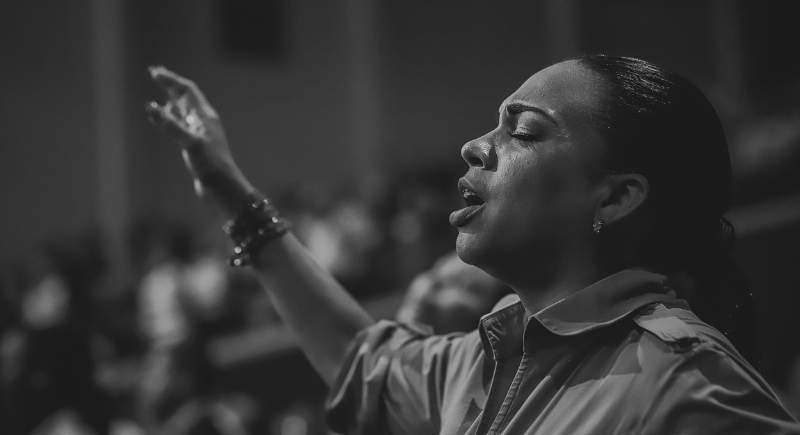‘Hallelujah’: A Love Song, a Breakup Ballad, or Both?
Leonard Cohen’s Various Positions album was released in 1984 and with it came the song “Hallelujah.” The song, though, initially went unnoticed until years later, when it was popularized by influential artists like Jeff Buckley and Rufus Wainwright.
Its haunting melody, paired with deeply poetic lyrics, has made it a favorite for countless listeners across the globe. But despite its widespread fame, “Hallelujah” resists being categorized neatly into a single genre. Is it a love song? A breakup ballad? Or something far more complex?
A Song Rich with Biblical Imagery

Image via Getty Images/SondraP
On the surface, “Hallelujah” may seem like a religious hymn. Cohen includes references to Biblical figures like King David and Samson, and the title itself is a word often associated with praise. But Cohen’s use of these Biblical elements goes beyond religious themes.
In the line “Now I’ve heard there was a secret chord that David played and it pleased the Lord,” the biblical reference is used to set up a reflection on human love and weakness. The refrain, “It’s a cold and it’s a broken Hallelujah,” turns away from triumph and points instead to love in its flawed, painful form—still worth singing about, even when it falls short.
The Evolution of a Timeless Classic
Cohen wrote over 80 drafts of the song before settling on its final form. Even after its release, the song remained largely overlooked until John Cale’s 1991 cover brought it into the spotlight. Cale’s version gave the song a new musical feel, adding a fresher, more somber take.
The turning point came in 1991, when John Cale recorded a stripped-down cover that drew new attention. Three years later, Jeff Buckley recorded his own version, slow and fragile, that pushed the song into wider reach. Buckley’s take wasn’t a chart hit at the time, but it grew steadily and is now one of the most recognized versions worldwide.
Interpretations and Emotional Resonance

Image via pexels/Luis Quintero
One of the most striking aspects of “Hallelujah” is how people interpret it. Fans around the world have different takes on its meaning, often shaped by their own personal experiences. For some, the song reflects the fragile nature of love and the joy and pain that come with it. Many interpret it as a meditation on loss or the struggle between human desires and spiritual longing.
That range of meaning has fueled debate for decades, from music critics to fans online. On Reddit, listeners trade ideas: regret over failed relationships, doubt in times of hardship, or the persistence of faith when little else holds. The lyrics bend to personal experience, which may be why the song feels so enduring—each listener finds their own reflection in it.
Cohen’s Mixed Feelings on the Song’s Popularity
Cohen often said he was grateful people sang Hallelujah, but he also admitted to being weary of how often it was used. In a 2009 interview, he joked that there should be a moratorium on its appearances in films and television, even as he acknowledged its reach.
Whatever his reservations, the song has become part of public life. It’s turned up at weddings, funerals, and national ceremonies, each time carrying a different shade of meaning. That flexibility—shifting between sorrow, reverence, and hope—has kept it tied to moments when people need words larger than their own.